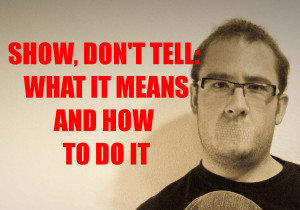RLW chose Hitchhikers, which was fortunate, because our second winner, Chris of ChrisWhiteWrites already had it! RLW, I shipped yours last Saturday and Chris, I’ll ship Podkayne this Saturday. Everyone; be sure to pop over to Voice Week once more, as there were a few late submissions that are well worth the read. : )
In other news, the Rangers just won Game 2 of the ALCS in a walk off grand slam!!! Eleventh inning! Heck yes!!! (Sorry to any Detroit fans–y’all played a great game.)
Now, at last, after three weeks, back to InMon!
Lynnette
Eric
—
The Rules
There are none. Read the prompts, get inspired, write something. No word count minimum or maximum. You don’t have to include the exact prompt in your piece, and you can interpret the prompt(s) any way you like.
OR
No really; I need rules!
Okay; write 200-500 words on the prompt of your choice. You may either use the prompt as the title of your piece or work it into the body of your piece. You must complete it before 6 pm CST on the Monday following this post.
The Prompts:
The gunman is useless*
Waking up was worse
Collecting men
One size fits none
No tomorrow
Want to share your Inspiration Monday piece? Post it on your blog and link back to today’s post; I’ll include a link to your piece in the next Inspiration Monday post. No blog? Email your piece to me at bekindrewrite (at) yahoo (dot) com.
Plus, get the InMon badge for your site here.
Happy writing!
–
*Today’s first prompt comes to you from Markus Zusak’s I Am the Messenger, which I have just finished reading. Rather more adult than The Book Thief, but quite worth reading, owning, and learning from.
—






